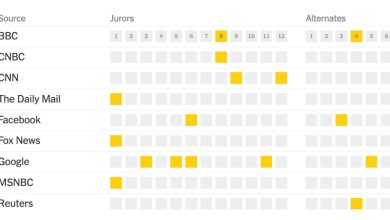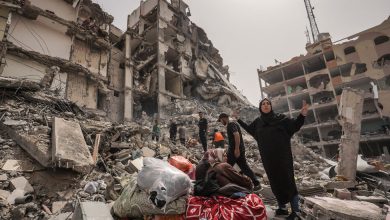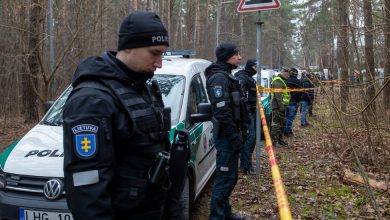Unrest over vaccine mandates and economic inequality rocks Guadeloupe.

Violent protests over vaccine mandates have rocked France’s overseas department of Guadeloupe in the Caribbean over the past week, fueled by longstanding social and economic frustrations over inequality with the mainland and simmering anger at being overlooked by the French government.
Guadeloupe, an archipelago of islands, is one of several French overseas territories that have been hit hard by the pandemic over the past few months and where France’s vaccination campaign has been met with the most suspicion and resistance.
A mix of old grievances and new distrust over Covid-19 rules has made the unrest particularly volatile.
Demonstrations that started peacefully with road blocks and pickets in front of the main hospital in Pointe-à-Pitre, Guadeloupe’s largest city, grew increasingly violent over the weekend, as protesters burned cars, looted businesses and clashed with riot police officers, who responded with tear gas.
More than 30 people accused of violence or looting have been arrested, and the local authorities imposed a nighttime curfew. The central government also announced over the weekend that it was sending over 200 police reinforcements.
On Monday, the remains of charred cars littered roads and schools remained closed as President Emmanuel Macron of France appealed for calm and order.
“Our priority is to continue convincing that vaccination is the best protection,” Mr. Macron told reporters during a visit to Amiens, his hometown in northern France. “And to yield nothing to lies, disinformation and the manipulation by some of this situation.”
“There is a very explosive situation, tied to a very local context, to historical tensions that we know of,” Mr. Macron acknowledged, as he accused some of the government’s critics of “using this context and these anxieties” to aggravate the situation.
Over 40 percent of the adult population in Guadeloupe is fully vaccinated, but that figure is nearly 90 percent for all of France including overseas regions, according to official statistics.
The unrest started last week with a strike by local unions that are opposed to France’s vaccine mandate for health workers. Those unions say it was imposed by the central government with little consultation, and are particularly infuriated that unvaccinated health professionals are suspended without pay.
“That is an unheard level of violence against them and their families,” Jean-Marie Nomertin, the secretary general of the Confédération Générale du Travail de la Guadeloupe, one of the protesting unions, said in a statement last week.
Protesters have also rejected France’s health pass, which is needed to gain access to restaurants, museums and other public places and can only be obtained through full vaccination, proof of Covid recovery, or a recent negative test — which must now be paid for out of pocket for those who are not vaccinated and do not have a prescription.
As in other overseas departments like Réunion or French Guiana that are a legacy of France’s colonial empire, Guadeloupe has long felt overlooked by policymakers in Paris, with decades-old anger over stagnant unemployment, high living costs and dysfunctional public utilities that have fueled protests in the past.
Suspicion of public health policies is especially high in the French Caribbean, where the government authorized the use of a highly toxic pesticide called chlordecone on banana plantations for decades, despite repeated health warnings.
“People are afraid, they have no trust,” Harry Durimel, the mayor of Pointe-à-Pitre, told Franceinfo on Monday, adding that local residents were “ready for a confrontation” over vaccine rules if they felt they were being forced “to inject a product in their body.”
On the nearby island of Martinique, unions on Monday called for a general strike over similar concerns.




